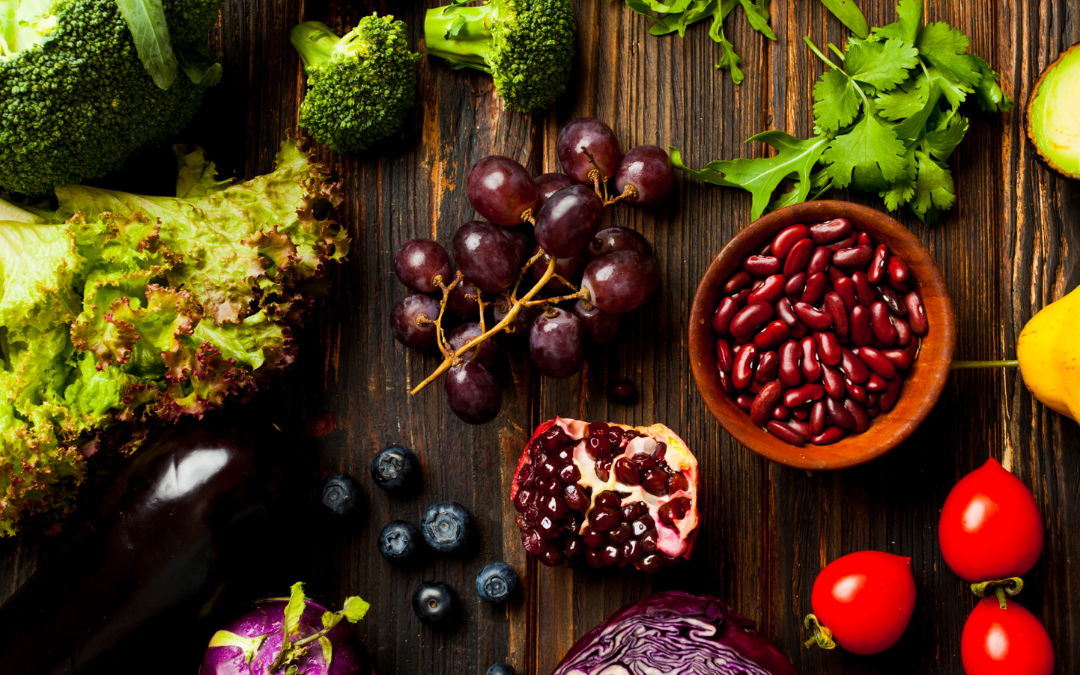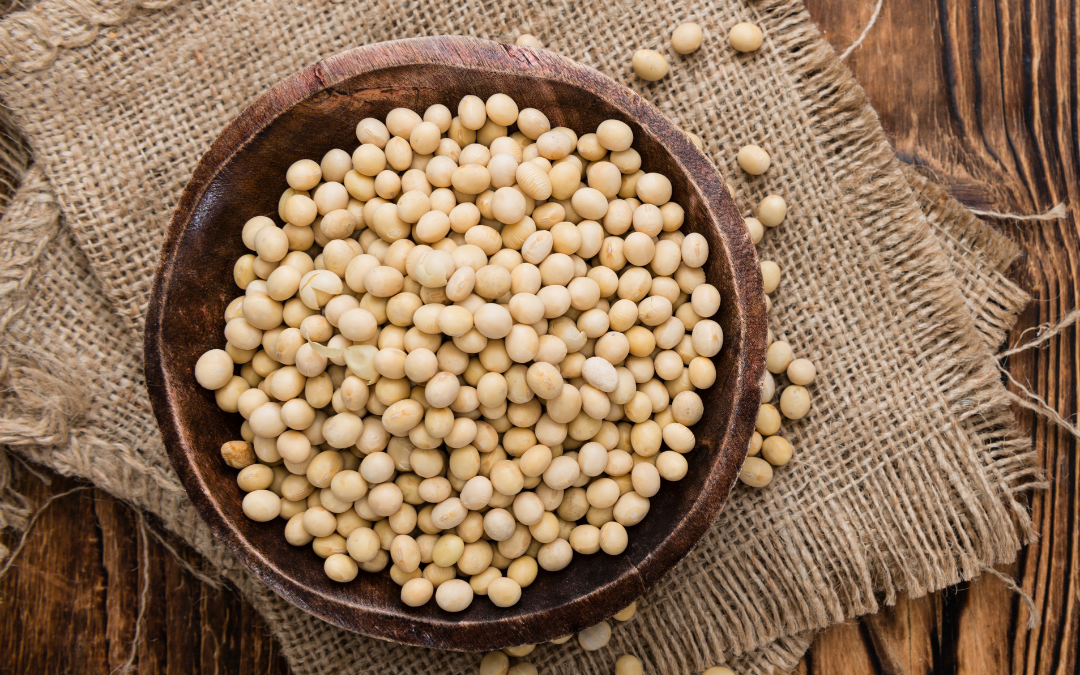A new study in America reveals health concerns about the sugar substitute sucralose so alarming that researchers said people should stop eating it and the government should regulate it more.
The findings were published this week in the Journal of Toxicology and Environmental Health, Part B. The researchers conducted a series of laboratory experiments exposing human blood cells and gut tissue to sucralose-6-acetate. The findings build on previous research that linked sucralose to gut health problems.
The researchers found that sucralose causes DNA to break apart, putting people at risk for disease. They also linked sucralose to leaky gut syndrome, which means the lining of the intestines are worn down and become permeable. Symptoms are a burning sensation, painful digestion, diarrhoea, gas, and bloating.
I cover all the key sugar substitutes in my book Natural Alternatives To Sugar and explain which ones to be avoided and which ones I recommend as being safe, natural and healthy.

Here is my book extract on Sucralose:
Sucralose is made by chlorinating sucrose (sugar); it is 600 times sweeter than sugar. Only about 15 percent of the sucralose is absorbed by your body and the rest is passed out unchanged. So there have been concerns because sucralose has been detected in municipal effluents and surface waters both in Europe and the US. The concern is whether sucralose in the environment could have a toxic effect on animals, particularly those in an aquatic environment.
Sucralose is highly soluble in water and degrades very slowly which is why it has been detected in water. At the moment research tends to the view that it is not affecting the aquatic wildlife in terms of survival, growth and reproduction of algae, crustaceans, fish and plants. However, some studies have reported physiological and locomotion behavioural changes in certain aquatic organisms. Daphnia, a freshwater flea, when exposed to sucralose, swims at a different height and increased speed while gammarids, which are small crustaceans, take longer to reach food and shelter. The researchers suggest that ‘regardless if these behavioural responses were initiated via traditional toxic mechanisms or stimulatory effects, they should be considered as a warning, since exposed organisms may diverge from normal behaviour, which ultimately can have ecological consequences’.
The other controversy concerning sucralose is that it has been marketed as being ‘made from sugar, so it tastes like sugar’. Sugar is certainly used as the starting point, but the end product does not contain sugar. The Sugar Association in the US representing the sugar cane and sugar beet farmers filed claims against the manufacturers of sucralose as they thought that this was false-advertising and in France the slogan is banned. In America the slogan is now: ‘It’s made from sugar. It tastes like sugar. But it’s not sugar.’
For a full overview on what sugar replacements you should be using and a full chapter of delicious and healthy recipes you can buy a copy of Natural Alternatives To Sugar at https://www.naturalhealthpractice.com/the-natural-alternatives-to-sugar.html

